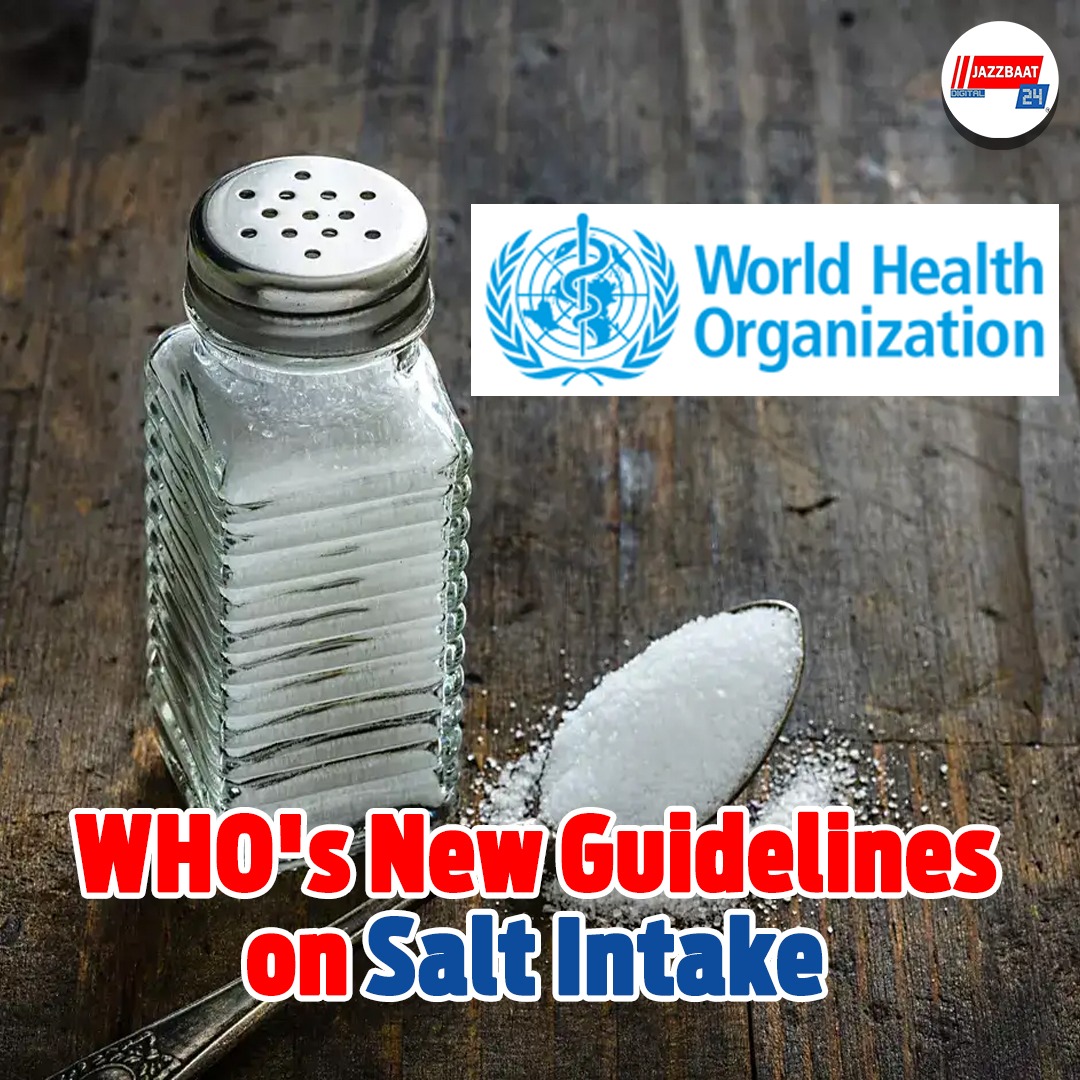
The World Health Organization (WHO) recently warned about the risks of consuming too much salt or sodium in a healthy lifestyle. According to their data, about 8 million people die worldwide each year due to unhealthy diets, of which at least 2 million die from high sodium intake.
Salt is a very important element for our body. It plays an important role in maintaining fluid balance in the body, transmitting signals to the nerves and ensuring muscle function. However, excess sodium salt is dangerous if it enters the body.
According to the World Health Organization (WHO) guidelines, an adult's body needs a maximum of 2 grams of sodium per day. This amount of sodium is usually obtained through salt, about 5 grams. Therefore, the organization recommends limiting daily salt intake to below 5 grams to stay healthy.
More information related to the guidelines
WHO data also shows that instead of eating salt containing sodium, it is better to eat salt containing potassium. Especially if a child, woman or elderly person has kidney problems, eating salt containing sodium should be stopped immediately.
WHO researchers reviewed 26 studies and surveys conducted on 35,000 people around the world on salt intake. Their body movements were monitored for 2 months to 5 years. As a result, it has been seen that reducing the habit of eating common salt has brought the risk of heart attack, stroke, and blood pressure levels under control.
However, one more thing, just eating salt containing potassium will increase the level of potassium in the body, but it cannot be said that it will reduce the amount of sodium in the body. There are many studies in which the level of sodium in the body has not decreased even after eating salt containing potassium.
But what can be done?
* Use less salt in cooking and do not eat excess salt during meals. * Avoid processed foods, fast food and packaged foods. * Buy food after checking the amount of sodium or salt on the food packet. * As an alternative to the taste of extra salt in food, you can eat other flavor-enhancing spices, sauces, pickles, chutneys, soup-broths, salads, etc.
How important are these guidelines for Indians?
Regular consumption of excess salt can lead to high blood pressure (hypertension), which later leads to complex diseases like heart disease, stroke, kidney disease, and even osteoporosis. Studies say that 35.5 percent of India's population suffers from hypertension. A 2016 study found that 28.1 percent of all deaths in India are due to heart disease alone. Also, with the increasing incidence of heart disease, hypertension, heart attack, and stroke among young people in the country, it is very important to control the amount of salt to keep the body healthy. Nowadays, many people are eating sea salt as an alternative to salt. However, the amount of sodium in it is almost the same. Therefore, salt with potassium is important to control sodium levels.